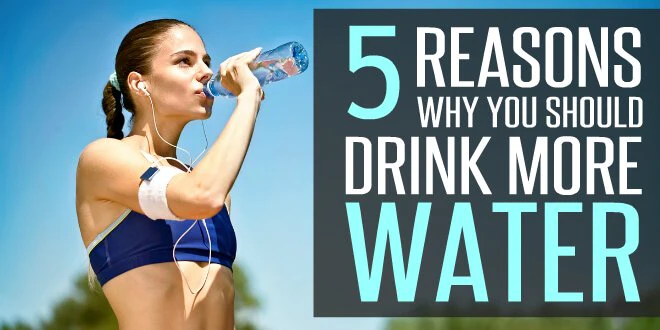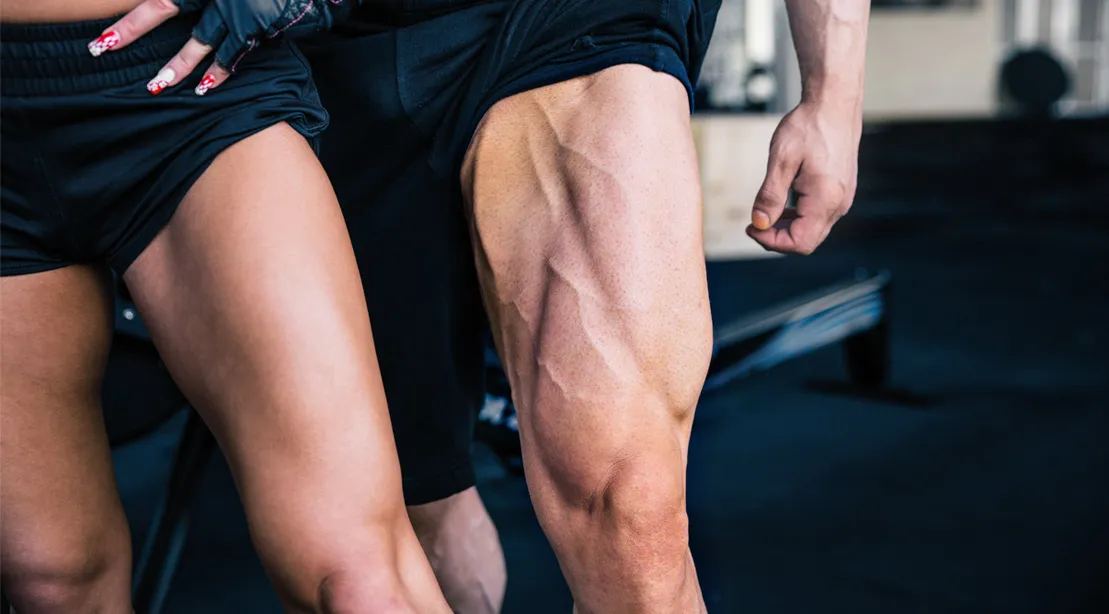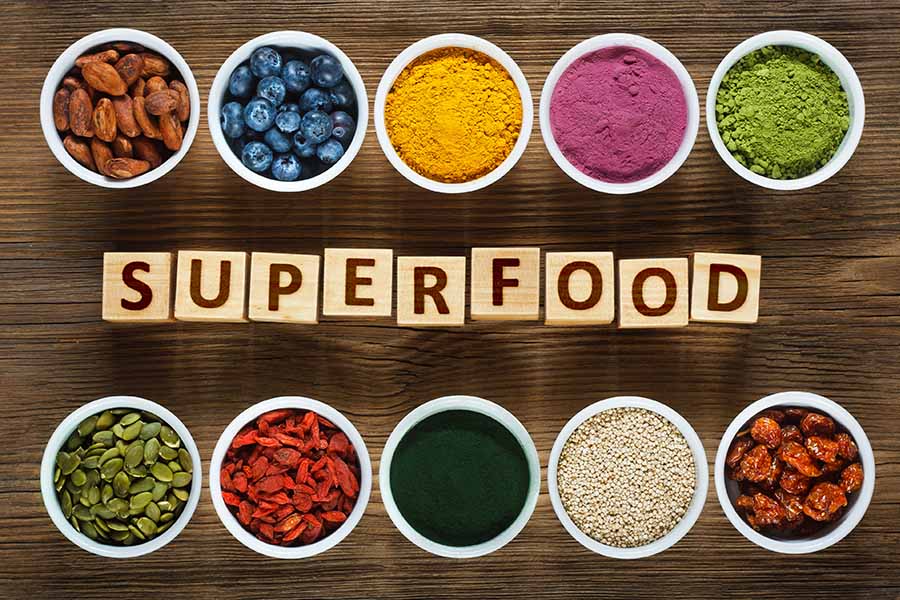Water is a vital ingredient on which our bodies rely for good health and fitness. It keeps us hydrated and aids in critical functions at all levels of human body functioning.
Water is the most crucial component in sports nutrition, according to studies, if you’re physically active. Here are some of the most important reasons why you should keep hydrated, even if you aren’t an athlete.
Water Is a Required Nutrient
The human body is composed of more than 60% water. The research on why drinking lots of water every day is vital for optimum health continues to provide excellent results.
Water is required by our systems to sustain hydration, digestion, heart, and lung function, joint lubrication, tissue protection, body temperature regulation, and many other functions.
Water is our lifeline, and its health advantages are numerous. It allows us to feel, operate, and even look our best.
Water Helps With Weight Loss
According to some research, drinking more water may aid in weight reduction, especially when substituted with other high-calorie beverages. By lowering overall calorie consumption, replacing calorie-sweetened drinks with water can result in weight reduction.
A glass of water before a meal has been found to reduce appetite3, improve digestion, and enhance metabolism. People frequently confuse thirst with hunger, which can lead to weight gain. Proper hydration has been related to improved portion management and weight reduction outcomes.
If you’re feeling tired, nutritionists frequently advise you to check your hydration intake. Inadequate hydration can result in weariness and lethargy. A simple test to distinguish between dehydration and hunger has been found to aid in portion management. Water consumption throughout the day might help lessen the temptation to drink sugary sodas or juices.
Drinking cold water boosts energy expenditure in the body, according to a research on water-induced thermogenesis. The increase in energy appears to be caused by the body’s effort to raise the temperature of the water to body temperature. This idea might assist to explain the higher metabolism and weight reduction.
However, keep in mind that the study had significant limitations and that this is not a miracle technique to reduce weight. This research only had 50 females participate for a short period of time (8 weeks). More study is required to validate this idea.
Water Reduces Belly Bloat
Holding water or feeling bloated may be unpleasant. It is generally caused by poor digestion, an increase in salt consumption, and hormonal changes connected to the menstrual cycle.
Many people assume that if they are bloated, they should avoid drinking water, but this is typically not the case for those who do not have pre-existing health issues. Keep in mind that there is a distinction between occasional bloating and persistent water retention, which might indicate renal difficulties or other health issues. Speak with your doctor if you are frequently bloated or if you are concerned. Water retention is the body’s natural preventive mechanism against dehydration. It’s not the time to cut back on fluids if you’re bloated.
Water is an effective natural treatment for bloating. Drinking lots of water throughout the day helps to kickstart the cleansing process. In addition, proper fluid intake is one form of treatment for constipation. Regular bowel motions might also aid in the reduction of bloating. Drinking more water will help to minimise the quantity of salt retained. It also lubricates the colon, which speeds up the removal of stomach-bloating meals.
Digestion is aided by water
Inadequate fluid intake might impair digestion and contribute to constipation. Make sure you’re drinking enough water to keep things going at a steady and comfortable rate.Water from what you eat and drink binds to soluble fibre, increasing stool volume and softening stool, making it simpler to remove waste.
When there isn’t enough fluid for these activities, the body draws water from the stool, resulting in constipation symptoms. Water helps avoid constipation, improves good digestion, flushes toxins, and reduces the strain on the kidneys and liver.
How Much Water Should I Consume?
Our water needs are satisfied by what we drink and how much we drink, as well as a little quantity from the food we eat. Water needs vary from person to person depending on age, location, and activity level.
We lose water as a result of regular physiological activities such as sweating, breathing, and using the restroom. We lose much more fluid when we are physically active, in a hot area, have a fever, or have symptoms like diarrhoea or vomiting.
To keep your body healthy and hydrated, all water loss must be replenished. Not sure whether you’re getting enough water each day? Examine the color of your pee. Healthy pee is clean and indicates that you’re consuming lots of water



